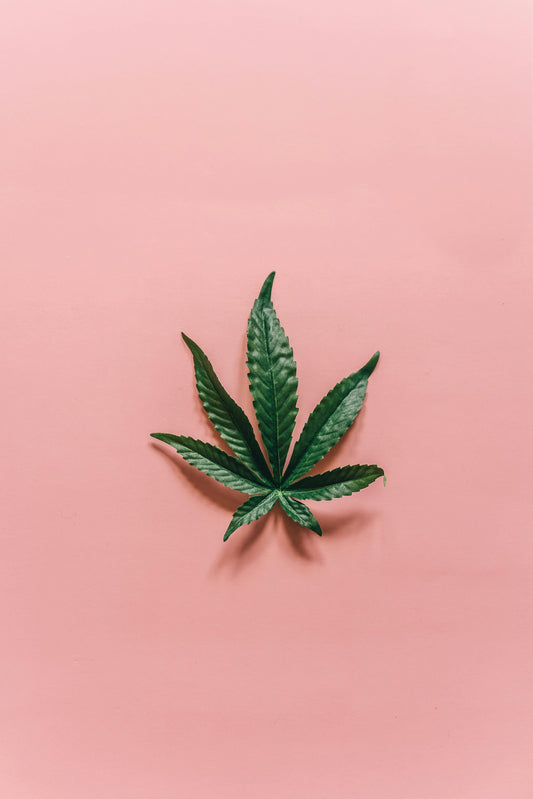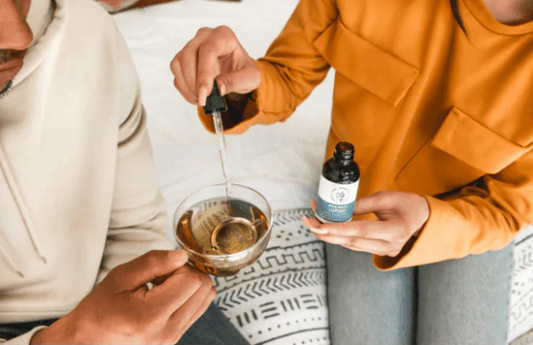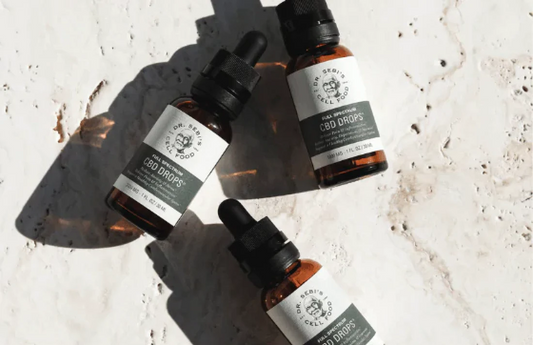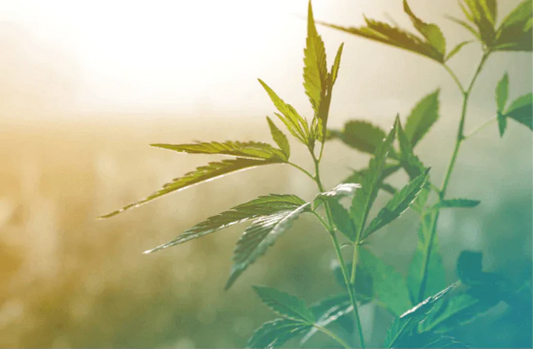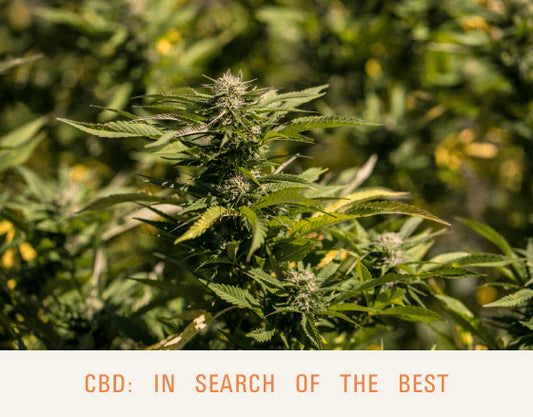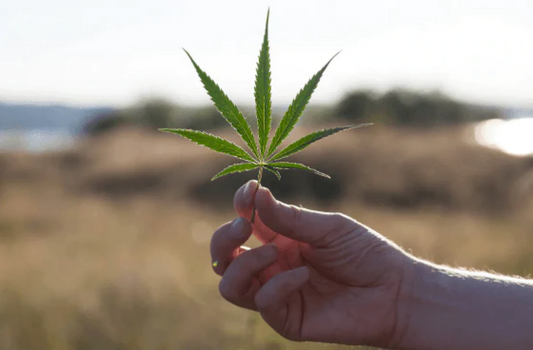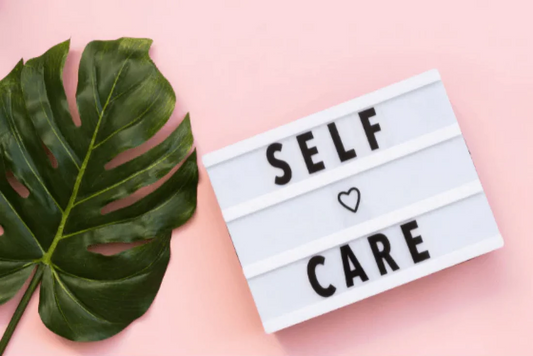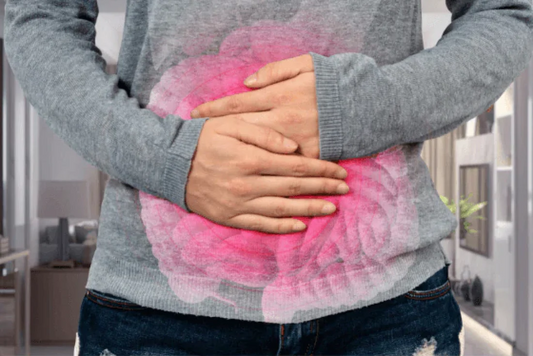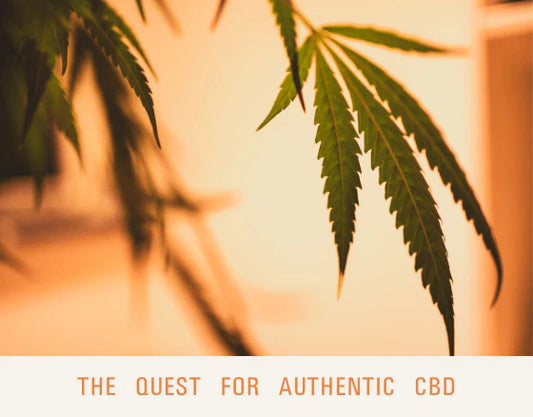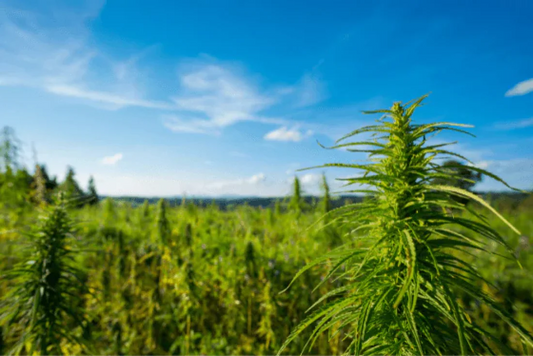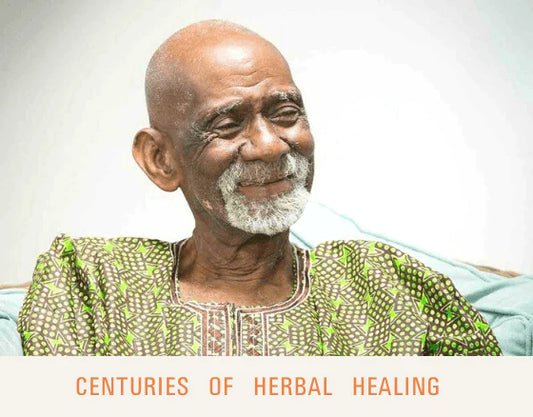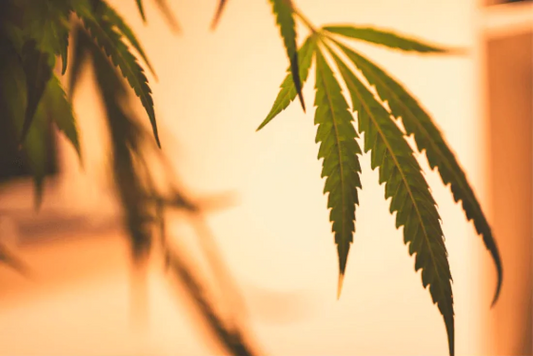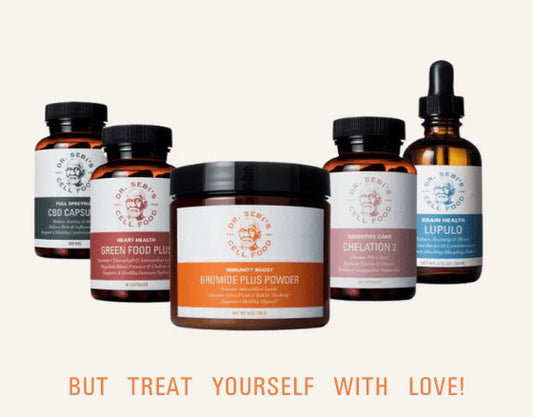Hemp, known scientifically as cannabis sativa, is one of the most versatile plants in the world. It is used in almost everything, from food and clothes to cosmetics and building materials. It also has multiple commercial and industrial applications such as rope, textiles, shoes, paper, bioplastics, insulation, and biofuel.
People often confuse the hemp plant with the cannabis plant. Although cannabis belongs to the same family, it has been under scrutiny for its psychoactive effects. On the other hand, hemp has been cultivated for its numerous uses and is now being praised for its nutritional richness in fiber and oil.
USDA report shows promise for the industry
The USDA released its first National Hemp Report on Feb 17,2022, including data on planted and harvested areas as well as the production, value, and future of industrial hemp. According to the report, the area harvested for all utilizations totaled 33,480 acres, and the value of U.S. hemp production totaled $712 million, showing industry growth and an increased interest in the plant.
THC-free GMO hemp?
As the hemp industry grows, genetically modified solutions are introduced. A Colorado-based company, Trilogene Seeds, has developed the world’s first genetically engineered hemp without any traces of THC. The genetically engineered seeds are not different from other hemp strains — they are solely engineered to be THC-free. However, all of Dr. Sebi’s CBD products are made with 100% natural non-GMO hemp, grown outside with natural sunlight and in rich soil.
Adult-use hemp
It seems that more states are opening up to providing provisional marijuana cultivation and processing licenses to help farmers with existing hemp businesses. Most recently, New York Governor Kathy Hochul signed the Seeding Opportunity Initiative earlier this year to help hemp farmers who take action to promote equity. "This initiative will create meaningful opportunities for economic empowerment for New York farmers and impacted communities.” The governor said in a statement.
In 2018, The Agriculture Improvement Act was signed into law, removing hemp and its byproducts of cannabis with extremely low levels of THC from the definition of marijuana in the Controlled Substances Act (CSA). This will help create healthy regulations around hemp production and allow U.S. hemp farmers to take part in other USDA programs.
The sustainability of hemp
Hemp is currently used in many industrial applications, as it is considered a source of biodegradable plastic. It is a great sustainable material because of its bountiful harvest — it’s lightweight, and its biodegradability can help the environment by replacing oil-based plastics. As hemp grows, it also absorbs carbon dioxide (CO2) from the air and releases oxygen instead.
Industrial uses of hemp continue to expand
Humans have used hemp since early civilization. Hemp’s changing legal status has opened the door for use in more industries and applications. For example, hemp is used to make fiber for fashion textiles including shoes and clothes, industrial textiles, and building materials. Hemp leaves can be used for composting and mulch. As for food, hemp oil and supplements are growing in popularity among the health-conscious. Hemp is also becoming a staple ingredient in cosmetics and personal care products.
Hemp as a food additive
Hemp-derived CBD oil and products are not approved by the Food and Drug Administration to be used in human or animal food. However, hemp seeds and oil are used in many foods such as hemp milk and hemp cheese. Check out our nutritious recipe using hemp seeds below.



